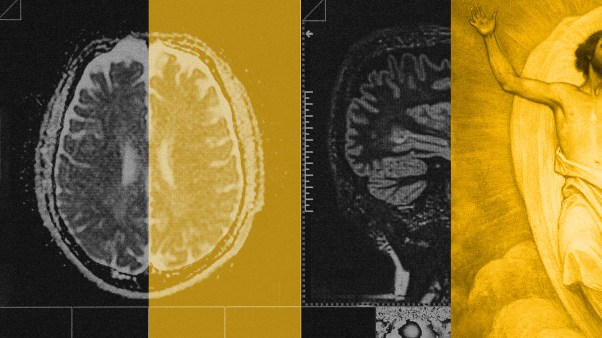WHAT IS OBSESSIVE COMPULSIVE DISORDER (OCD)?
OCD is characterized by recurrent, unwanted and unpleasant thoughts (obsessions), and/or repetitive, ritualistic behaviors, which the person feels driven to perform (compulsions). People with OCD know their obsessions and compulsions are irrational or excessive, yet find they have little or no control over them.
Typical obsessions: Dirt, germs and contamination; fear of acting on violent or aggressive impulses; feeling overly responsible for the safety of others–for example, unreasonable fear of having run over someone with a car; abhorrent religious (blasphemous) and sexual thoughts; inordinate concern with order, arrangement, or symmetry, inability to discard useless or worn out possessions.
Typical compulsions: Excessive washing (particularly handwashing or bathing), cleaning, checking and repetitive actions such as touching, counting, arranging, or hoarding.
Other possible symptoms: People with OCD may become demoralized or depressed. Feelings of intense anxiety, discomfort, or disgust are common. Other forms of behavior that may be related to OCD are the urge to pluck out eyebrows or strands of hair (trichotillomania), the preoccupation with a minor or imagined bodily defect (body dysmorphic disorder), severe or extreme nailbiting, or the unfounded fear of having a serious illness (hypochondriasis).
A person can have a few or many of these symptoms, which can vary during the course of the disorder.
HOW MANY PEOPLE SUFFER FROM OCD?
OCD was once thought to be rare. It is now estimated that up to 3 percent of the U.S. population may suffer from ocd at some point in their lives (about 5 million people).
WHAT IS THE COURSE OF THE DISORDER?
The disorder usually begins in adolescence or early adulthood, but it may also occur in childhood. If not treated appropriately, the disorder is usually chronic, with waxing and waning of symptoms.
HOW DISABLING IS OCD?
Sometimes the symptoms are crippling; hospitalization may become necessary and regular employment impossible. The majority of people lead otherwise normal lives.
ARE PEOPLE WITH OCD “CRAZY”?
No. The behaviors may seem “crazy,” but the person performing them is not. In fact, an OCD sufferer is acutely aware of the excessiveness or irrationality of his/her fears or behaviors, yet is unable to control them. This self-awareness creates a new fear for the person with OCD: the fear that others will think he/she is weak or crazy. People with OCD are often very secretive about their symptoms and afraid to seek treatment.
The exact causes of OCD are still unknown. However, researchers strongly suspect that a biochemical imbalance is involved. Alterations in one or more brain chemical systems that regulate repetitive behaviors may be related to the cause of OCD. These imbalances may be inherited. Psychological factors and stress may heighten symptoms.
WHAT TYPES OF TREATMENT ARE AVAILABLE FOR OCD?
Traditional psychotherapy or psychoanalysis, which tries to explore the roots of OCD in early childhood, is not helpful for reducing OCD symptoms. Supportive psychotherapy may, however, help people with OCD cope more effectively with their illness. Recently, there have been advances in treatment that provide greater relief from specific symptoms of OCD. For example:
Behavioral therapy: A number of people benefit from a structured set of techniques to employ whenever anxiety, discomfort, or dysfunction arise because of obsessions or rituals.
Medication: Many people with OCD require medication. Drugs with potent effects on the brain chemical serotonin seem most effective. Clomipramine (Anafranil), fluoxetine (Prozac), and fluvoxamine (Luvox) are approved for treatment of ocd.
Preliminary studies suggest Paroxetine (Paxil) and sertraline (Zoloft), which are available by prescription for treating depression, may be promising treatments for OCD. New medications are on the horizon.
A combination of medication and behavioral therapy is often most effective. A complete treatment plan should include guidance for family members.
–OCD Foundation, Inc.
Milford, Connecticut
Excerpted from a brochure published by OCD Foundation, Inc., P.O. Box 70, Milford, CT 06460-0070. Used by permission.
Copyright (c) 1995 Christianity Today, Inc./LEADERSHIP Journal
lecurrmrj5L41065A2g
Copyright © 1995 by the author or Christianity Today/Leadership Journal. Click here for reprint information on Leadership Journal.









